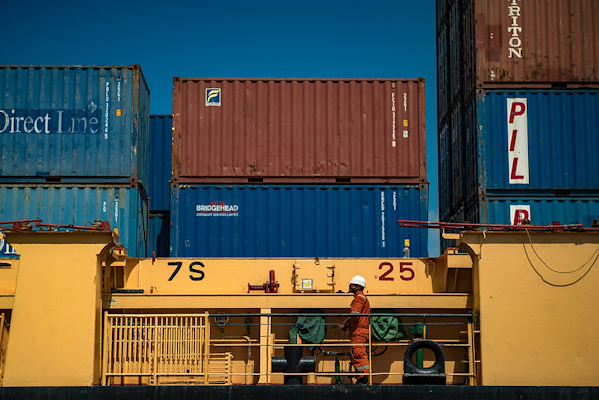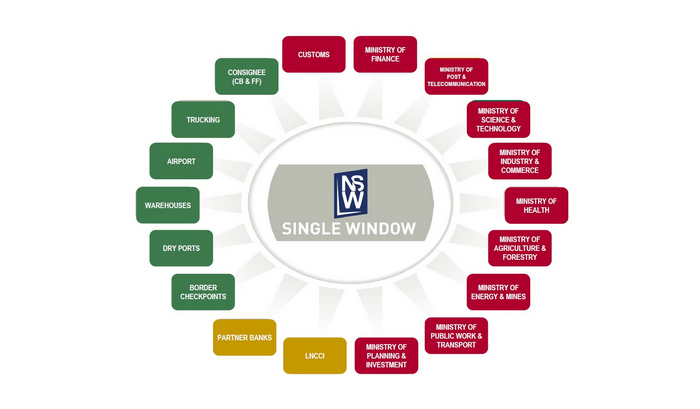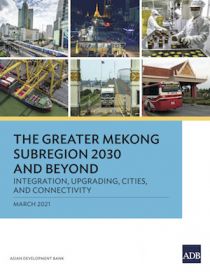
Representative image only. Photo by ADB.
Cambodia Seeks Further ADB Support to Boost Cross-border Facilities
Mr. Sun Chanthol, Cambodia Senior Minister and Minister of Public Works and Transport, has requested the Asian Development Bank (ADB) for further support for the development of Cambodia's cross-border facilities. Cambodia aims to ease logistics and boost transportation to expand within the Greater Mekong Subregion (GMS) and the ASEAN region.





